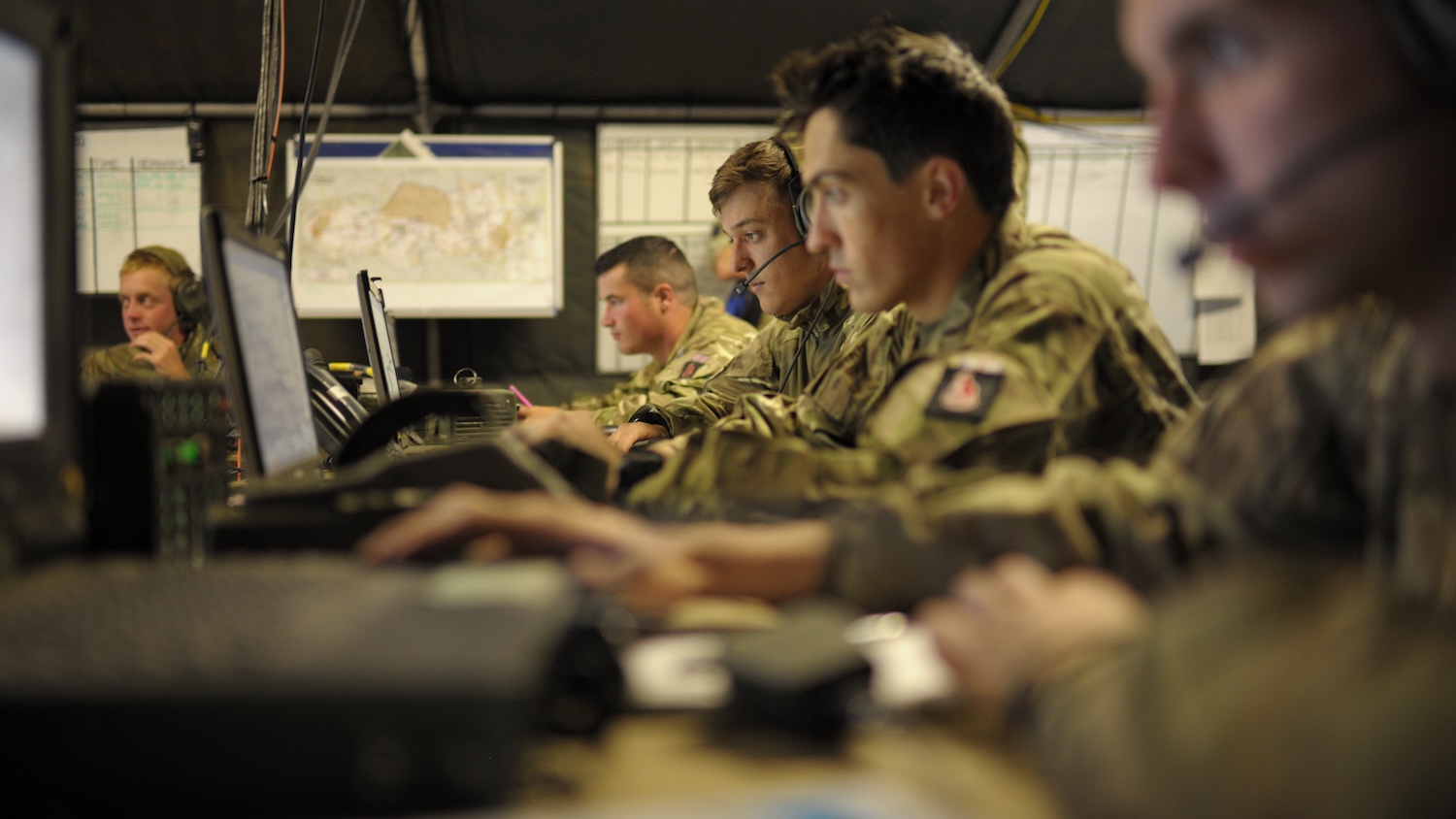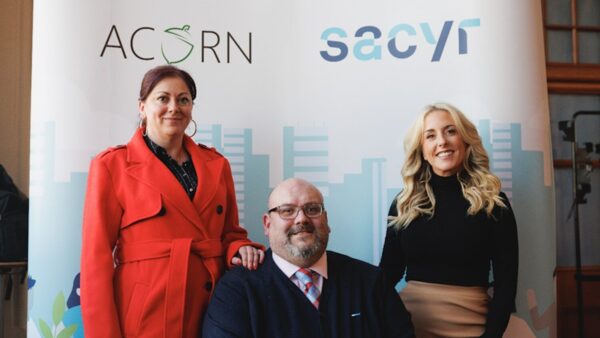
Veterans’ capabilities can be of significant benefit to the construction industry, but the transition isn’t always smooth without the right support from employers.
Our recruitment strategy at Sir Robert McAlpine has three pillars: recruit, retain, and advocate.
The recruitment bit is the easy part, particularly when you work with recruitment partners like BuildForce UK, Forces Employment Charity or the Career Transition Partnership (CTP).
It’s the other two pillars that need more focus. So what can we do industry-wide to ensure the career switch for veterans goes to plan?
- Establish understanding
Veterans have many transferable skills that are not immediately obvious, so it can be hard for hiring managers to translate a military CV and understand where a veteran could best fit within their business.
Without seeing the value a veteran brings to the organisation, senior leaders may, in turn, fail to understand what a veteran can offer, and therefore fail to reap the full benefits of the veteran’s experience and knowledge.
It is important to encourage veterans already working within your company to share their experiences and capabilities
To better understand the skills, experience and value a veteran can bring to your organisation, it is important to encourage veterans already working within your company to share their experiences and capabilities; to share their journey from the military to their current roles.
You will be amazed at the diversity of experience and breadth of skills they have to offer.
Additionally, use your existing veterans to support with assessing CVs, as well as having them present on interview panels.
Finally, consult with the likes of BuildForce, the Forces Employment Charity and the CTP. They are there to assist and can not only provide insight into what a veteran has achieved in their military career, but they can also assist in explaining how those experiences can translate into roles within your company.
This not only helps the hiring process but ensures the veteran lands well and is supported in reaching their true potential.
2. Provide a supportive network
Leaving the military can be quite daunting, so providing a support network is often critical for veterans to feel a sense of belonging upon arrival.
At Sir Robert McAlpine, we have an Armed Forces Community, sponsored by our chief executive. It meets quarterly to help ensure not only that new veteran hires land in the right environment for them, but that they also have a community that has been through the same experiences as them, available to support each other during their time with the company.
When a new veteran joins us, they are given a ‘buddy’; a veteran already working in the company who engages with them before day one, who is available to assist.
They meet on a regular basis in the first few months to ensure the veteran settles into the organisation as best they can.
It is this type of personal engagement that is invaluable in ensuring the veteran lands well, but also prospers in their new role.
3. Know and trust in their capabilities
Veterans have significant soft skills that are relevant for construction. It is likely to be the more specialist and technical skills that will need focus and development.
Most veterans will have changed jobs every few years during their military career. Therefore, they have the experience and skills to learn ‘on the job’ at lighting speed
Most veterans will have changed jobs every few years during their military career. Therefore, they have the experience and skills to learn ‘on the job’ at lighting speed.
It is crucial to simply believe in them and also enable them to bridge any shortfalls they may have.
Give them support, encourage them to question, be there to help them – particularly on those areas that are new to them. But ultimately let them get on with it. They have done it before and they will flourish if you provide them with the environment to do so.
Veterans are independent and self-sufficient; as long as they know the right channels to find a solution, they will find it.
4. Offer mentorship
As with any new hire, training should be tailored to development needs. Where contractors can provide extra support is through the mentorship of a veteran who has experience in the industry, alongside a line manager, to help develop their careers.
Wider opportunities to allow for this development, such as work experience, should also be given where possible. A ‘try before you buy’ approach is hugely beneficial for both parties and really helps with long-term retention and job satisfaction.
Regular buddying, mentoring and engagement with line managers can also help reduce the fear-factor of a new industry and career.
5. Allow for flexibility
It is common for veterans to be unsure of what they want to do when they leave the military, so their first role might not be the right one.
It is important to let talent grow in whichever career path is best suited to an individual, with veterans being no exception.
One of our own veterans has moved through three job families since he began his career with us and, having now decided the path he wants to stay on, we are supporting him through a Master of Science degree to facilitate his development.
It’s clear the construction industry can unlock a wealth of skills, commitment and leadership from veterans.
From understanding and valuing military experience, to offering mentorship, support networks and career flexibility, each step helps ensure that veterans not only transition successfully but thrive long term.
Investing in veterans’ potential means more than filling roles – we’re building a stronger, more resilient workforce for the future.
Rachael Smith is head of HR at Sir Robert McAlpine.









